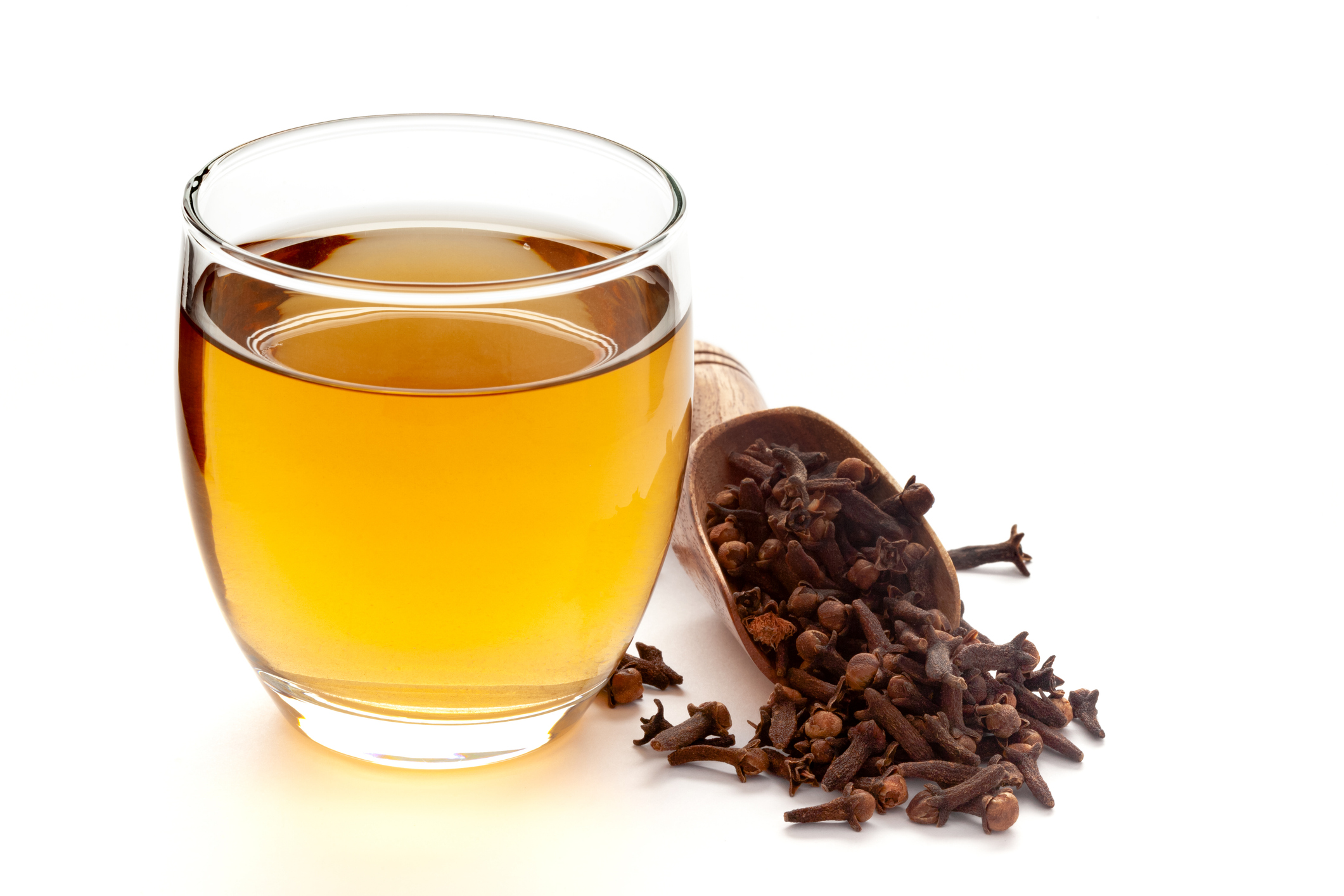Are Cloves Good For Digestion And Gut Health?
Have you ever experienced digestive discomfort and wondered if natural remedies like cloves could help? Cloves, a common spice known for their aromatic flavor, have been utilized for centuries not only in cooking but also in traditional medicine. In this article, we will explore the numerous benefits of cloves for digestion and gut health, supported by scientific research and practical applications.
Background and Context
Cloves (Syzygium aromaticum) are the dried flower buds of the clove tree, native to the Maluku Islands in Indonesia. Their historical use in traditional medicine spans cultures, from Chinese herbal practices to Ayurvedic treatments in India. The importance of gut health is undeniable, as it plays a critical role in overall health, with the gut microbiome influencing our immune response, digestion, and even mood. Understanding how cloves can support this vital system is essential for those seeking natural remedies.
Nutritional Profile of Cloves
Cloves are not just flavorful but also packed with nutrients. They are rich in:
- Manganese: Provides about 55% of the Daily Value (DV) per teaspoon.
- Fiber: Contains 1 gram per teaspoon, aiding in digestion.
- Vitamins: Include vitamin K, which is important for blood clotting.
- Antioxidants: Cloves are high in eugenol, a compound known for its potent antioxidant properties.
These components contribute to gut health by supporting digestive processes and combating oxidative stress.
Role of Cloves in Digestion
Research indicates that cloves can significantly aid digestion in several ways:
- Stimulating Digestive Enzymes: Cloves may enhance the secretion of digestive enzymes, thus promoting better digestion and nutrient absorption.
- Reducing Bloating and Gas: Due to their carminative properties, cloves help prevent gas formation in the gastrointestinal tract, alleviating discomfort.
- Alleviating Nausea: Clove tea is often recommended for soothing nausea, providing relief for those suffering from motion sickness or morning sickness.
Antimicrobial Properties
The antimicrobial effects of cloves can also support gut health. Clove oil, in particular, has demonstrated strong activity against harmful gut bacteria, according to studies published in peer-reviewed journals. This quality may help maintain a balanced gut microbiome, essential for overall digestive health.
For instance, a study found that eugenol in clove oil effectively inhibited the growth of pathogenic bacteria while preserving beneficial species (3).
Cloves and Inflammation
Chronic inflammation in the gut can lead to serious conditions such as Irritable Bowel Syndrome (IBS) and Inflammatory Bowel Disease (IBD). The anti-inflammatory properties of cloves, attributed to eugenol, may help mitigate these issues. Research suggests that cloves can ease gastrointestinal inflammation, promoting healing in the gut lining (4).
How to Incorporate Cloves into Your Diet
Adding cloves to your diet can be both simple and delicious! Here are some practical tips:
- Clove Tea: Steep whole cloves in hot water to make a soothing tea that aids digestion.
- Cooking: Incorporate ground cloves into smoothies, baked goods, and savory dishes to enhance flavor and health benefits.
- Essential Oil: Use clove essential oil sparingly in culinary applications or aromatherapy for additional digestive support.
Dosage and Precautions
Moderation is key when consuming cloves. While they offer numerous health benefits, excessive intake may lead to digestive discomfort. Generally, 1-2 teaspoons of ground cloves or a few whole cloves per day is sufficient for digestive support. Caution is also advised for individuals on anticoagulant medications, as eugenol may affect blood clotting (5).
Conclusion
Cloves are not only a flavorful spice but also a powerful ally for digestion and gut health. Their rich nutrient profile, combined with antimicrobial and anti-inflammatory properties, makes them a valuable addition to a healthy diet. Consider incorporating cloves into your meals or herbal teas to experience their digestive benefits.
Have you ever tried using cloves for gut health? Share your experiences in the comments below!
References
- WebMD. “Health Benefits of Cloves.” Available at: https://www.webmd.com/diet/health-benefits-cloves
- Cymbiotika. “How to Use Cloves for Gut Health: A Comprehensive Guide.” Available at: https://cymbiotika.com/blogs/health-hub/how-to-use-cloves-for-gut-health-a-comprehensive-guide
- PMC. “Antimicrobial Effects of Cloves.” Available at: https://pmc.ncbi.nlm.nih.gov/articles/PMC3819475/
- The Spice Way. “Cloves and Digestion.” Available at: https://thespiceway.com/blogs/articles/cloves-and-digestion
- Healthline. “Benefits of Cloves.” Available at: https://www.healthline.com/nutrition/benefits-of-cloves


